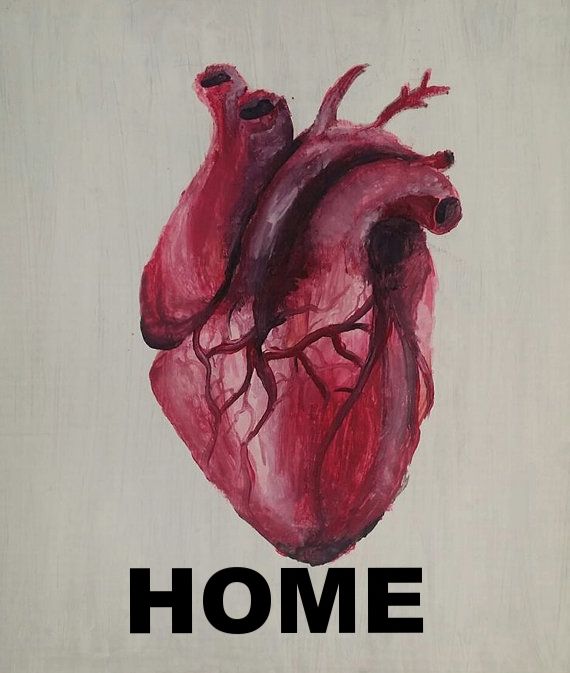I started writing this article a few months ago with a simple question: why were there so few women in top positions of academic medicine when we have had near gender parity in medical school for decades? As I was asking this question, many of my female friends talked about being passed over for promotions, cutting back their hours because they needed more flexibility for their families, navigating gendered criticisms from trainees and peers, and facing pathetic maternity leave policies that are in direct contradiction to what we know about the medical facts of childbirth. The future of medicine was supposed to be female, but this is not the reality I see playing out.
At the same time, the #metoo movement caused me to question incidents of harassment I had dismissed or absorbed in school and residency that, in retrospect, were deeply unacceptable and sometimes wounding. I wonder how much these experiences shape our willingness to accept the de facto discrimination that shapes the trajectory of our careers.
I spoke first with Dr. Julie Silver, a leader at Harvard Medical School who has been a prominent advocate for women in medicine. She pointed me in the direction of clear scholarship on gender and race disparities in how we evaluate and promote or colleagues.
After speaking with her and many other leaders in medicine, as well as many peers, I realized that institutions can choose to actively promote women or minorities, or continue to lose their contributions. Unfortunately, many, like Harvard Medical School where I work, are generally choosing to do very little.
In the piece, Dr. Jen Gunter’s alleged aggressor is not named. I am not an investigative reporter, and unfortunately do not have the time or expertise to look into this incident. You can read her account on her blog. I contacted her alleged aggressor, Dr. Khan. He denied these claims in an email to me and directed me to a blog post titled "I was NOT groped by the editor of an OB/GYN medical journal. And I’m not the only one." It was, he told me, written by a woman he said "came forward spontaneously."
In spite of clear evidence of the role gender and racial discrimination plays in medical training and practice, I rarely hear it discussed with any real seriousness or actionable guidance. How should we evaluate our peers, students, and attendings knowing that we consistently rank the achievements of white men more highly and punish women and minorities more harshly for the same mistakes? We have failed to address this in spite of the fact that minority physicians are more likely to serve the underserved, and growing evidence that women have similar if not better clinical outcomes. We should be doing what we can to recruit, retain, and promote a diverse workforce for the sake of our patients, and our population, which needs diverse physicians to ask a wide breadth of questions about medicine and policy. But it seems our attempts are anemic at best, and lip service at worse.
Let’s hold our institutions accountable. Ask them to print salaries and examine them for disparities. Let's look at our evaluations of each other and help one another identify and combat our biases. Let's create real maternity leave which will allow women to heal and care for their children in the way that we, of all professions, know that they should have the opportunity to do. We can’t keep asking individuals to overcome this persistent discrimination by themselves. We have too much to lose.
Further reading/listening
There has been so much written and discussed about sexual discrimination in recent months, but here are some pieces that framed my thinking.
Lupita Nyongo‘s account of being targeted by Harvey Weinstein is an incredible account of not only what happened between them, but the hundreds of calculations women make when they are targeted by a man in a position of power, before, during, and after a violation takes place.
https://www.nytimes.com/2017/10/19/opinion/lupita-nyongo-harvey-weinstein.html
Who would believe a trainee?
”Who would believe a trainee over a tenured professor? Would he retaliate? How would this affect the rest of my training?“ Dr. Maria Yang describes the kind of harassment that many might dismiss as insignificant, but within the context of the intense hierarchy of medical training is deeply troubling, endangering her career and her ability to care for patients.
“Nytimes The Daily” podcast on harassment at the Ford Motor Company reminds us that we have been here before, and haven’t come that far. It’s heartbreaking in the best way.
Rebecca Traister writes that “This Moment Isn’t (Just) About Sex. It’s Really About Work.”
Gabrielle Union, who wrote about being raped by a stranger and how it continued to affect her life, interviewed on the podcast Death Sex and Money, speaks about how she moved forward with greater empathy and purpose.
Thank you again for reading my work. I’m incredibly proud of this article and the chance to share it with you.


